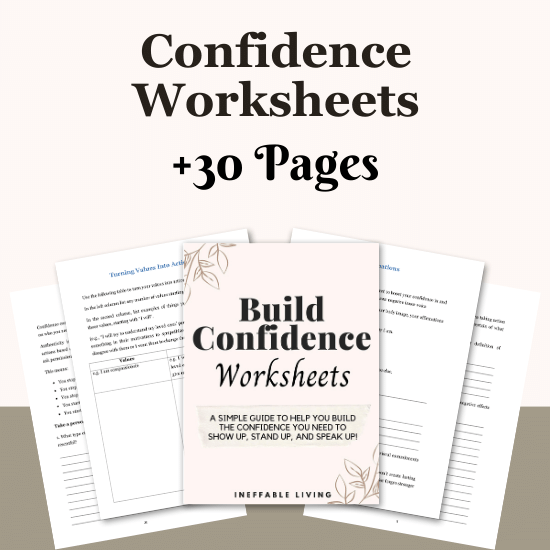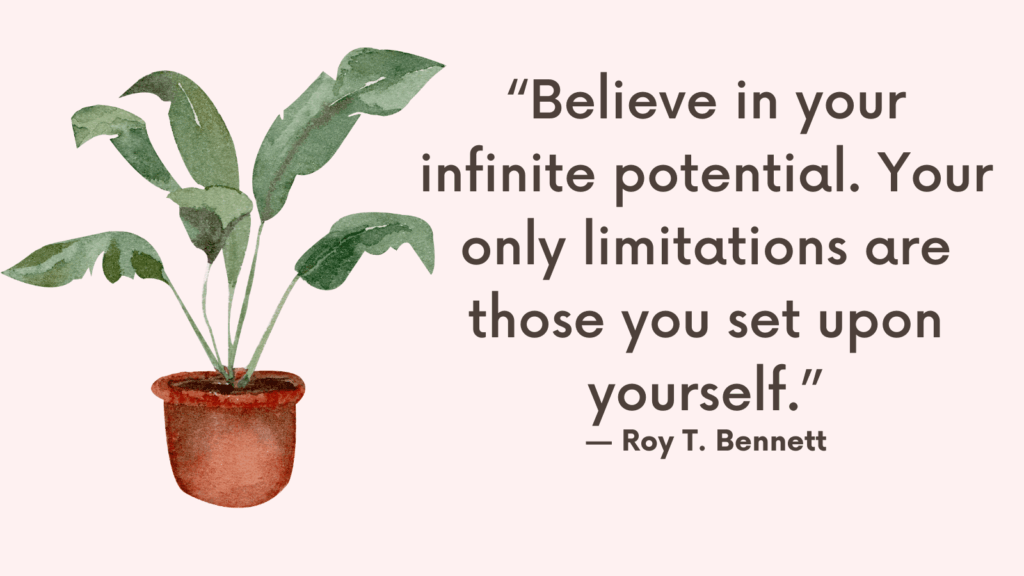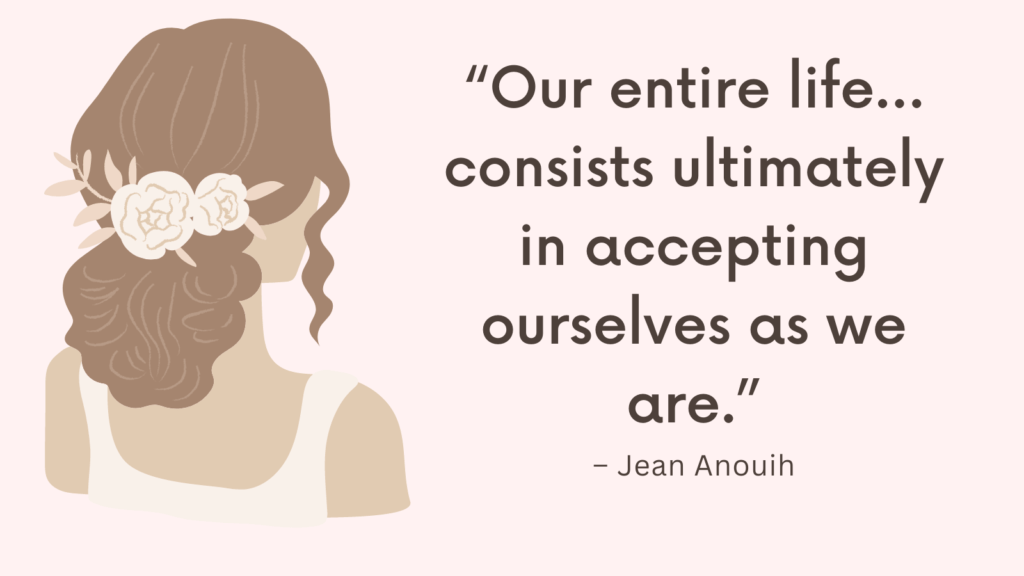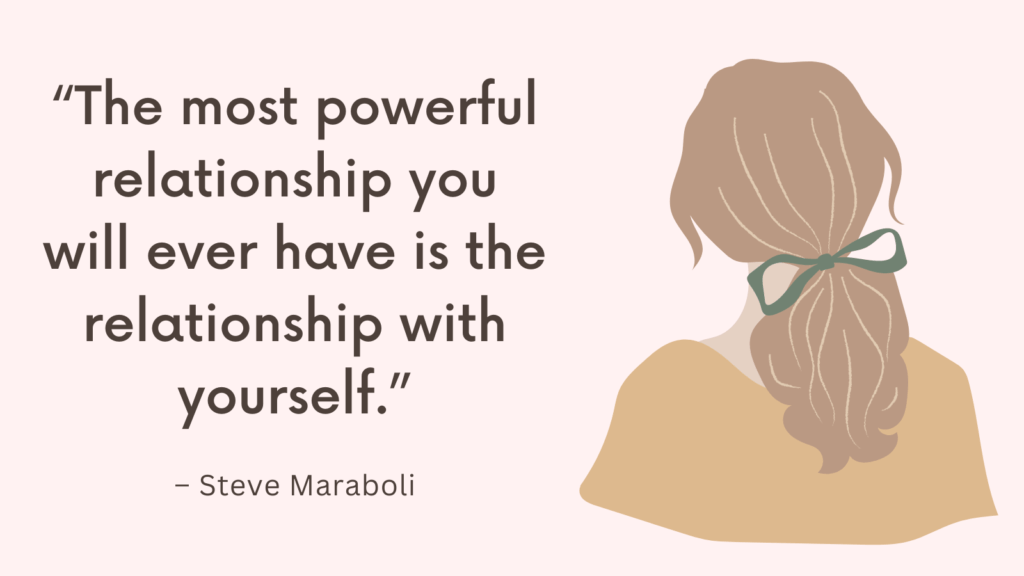Everyone experiences confidence crashes — those moments (or days) when self-doubt takes over and you feel like you’re failing, shrinking, or losing your sense of worth. Whether it’s triggered by rejection, comparison, criticism, or just burnout, a crash can feel like you’re starting from zero. But confidence isn’t gone — it’s just buried. Here’s how to dig yourself out and rebuild from the inside out.
What Causes a Confidence Crash
Confidence can drop suddenly after a specific event—or slowly through accumulated stress. Some common causes include:
- A public failure, rejection, or harsh criticism
- Burnout from chronic overwork or emotional depletion
- Comparison to someone who seems more successful
- Feeling stuck or invisible in a role or relationship
- A major life change that shakes your identity or routine
A confidence crash isn’t a sign of weakness—it’s your brain’s way of signaling emotional overload or misalignment.
How to Bounce Back from a Confidence Crash?
1. Name What Shook You
Start by identifying the moment or situation that caused the crash. Was it a mistake, a comment, a comparison, or a perceived failure? Naming it gives your brain something concrete to work with — and reminds you this is a reaction, not your identity.
2. Interrupt the Spiral of Negative Self-Talk
Confidence crashes often come with a flood of harsh inner commentary: “I’m not good enough,” “Everyone’s better than me,” “Why do I even try?”
Pause. Catch the thought. Then ask: “Would I say this to someone I care about?” Replace it with something truer and more compassionate: “This is hard, but it doesn’t define me.”
Related: Best 21 Self Confidence Exercises For Adults
3. Revisit Evidence of Your Strength
Look back at times when you were proud of yourself — even in small ways. Scrolling through past wins, messages of support, or moments you overcame fear helps remind you of your resilience. Confidence is not constant, but it’s renewable.
4. Do One Thing You Can Finish Today
Big goals feel impossible when confidence is low. Shrink the task list to one doable thing: reply to an email, clean one surface, go for a walk. Completion builds momentum — and each act of follow-through whispers, “I can handle this.”
5. Talk to Someone Who Sees You Clearly
Reach out to a friend, mentor, or therapist — someone who holds a more balanced view of you when yours is distorted. Let them reflect your strength back to you. Borrow belief until yours returns.
6. Remove Yourself From the Trigger (If You Can)
If comparison or overstimulation triggered the crash, log off social media, leave the environment, or take a step back. A break isn’t weakness — it’s protection. Give your nervous system space to settle before re-engaging.
Related: How Confident Am I Quiz (+Best 13 Tips on How to Carry Yourself with Confidence)
7. Return to a Grounding Routine
When confidence is shaky, structure helps. Do something familiar: morning coffee, journaling, a short walk, or your bedtime ritual. These habits remind you that life continues — and so do you — even when self-belief wavers.
8. Let Go of the Need to Be “Fully Back”
Confidence doesn’t return all at once. You don’t have to feel amazing to start moving again. You just need a little bit of trust in the next step. Progress is often quiet and slow — and that’s still progress.
9. Say Something Kind to Your Past Self
Your confidence crash may be poking at an old wound — childhood criticism, past failure, or perfectionism. Try saying to that younger version of you: “You didn’t deserve that pressure. I’ve got you now.” Rebuilding confidence often starts with reparenting.
10. Remember That This Moment Is Temporary
Confidence is not a straight line — it’s a wave. And crashing doesn’t mean it’s over. The fact that you’re here, looking for a way through, is proof that you’re still fighting for yourself. And that’s where real confidence begins.
Related: 21-Day Confidence Challenge

Conclusion
You’re allowed to stumble. What matters most is that you learn how to stand back up — not perfectly, but honestly. Confidence isn’t about never falling. It’s about remembering who you are when you do.



